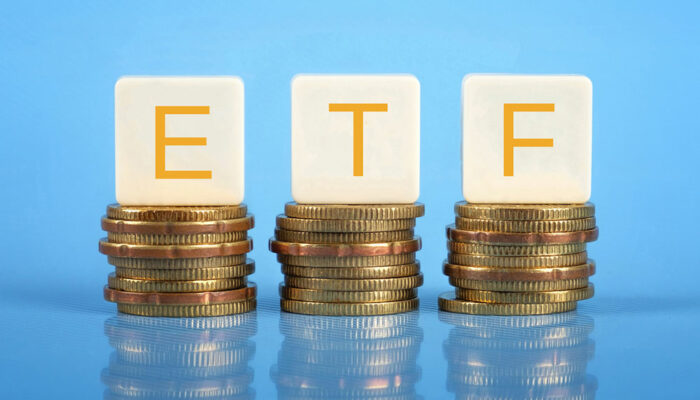
5 Early Bird Black Friday Deals One Can Get Right Now
Entrepreneurs who want to turn their ideas into full-blown, successful ventures often look for grants to make that happen. As rewarding as applying for a grant can be, many applicants face pitfalls that can diminish their chances of securing funding. Additionally , with many individuals applying for grants , the process has become highly competitive. This also means that aspiring entrepreneurs cannot afford to make mistakes during the application process that could jeopardize their chances of success. Poor research When applying for a grant, one needs to do thorough research on potential lenders, including their priorities and requirements. Applying for grants that are not aligned with the organizational goals, needs, and values should be avoided. As an aspiring entrepreneur, it’s important to steer clear of funding partners with unrealistic or incompatible expectations. Doing adequate research will help increase one’s chances of securing funding. Failing to include supporting documents When one applies for a grant it is important to include supporting evidence to back any business idea. If one is unable to provide the documentation necessary to confirm and validate the proposal, grant reviewers may not consider the application. Not introducing oneself and the venture It is a common mistake to assume that the funder has read about the venture before speaking to the potential entrepreneur.
Read More 













